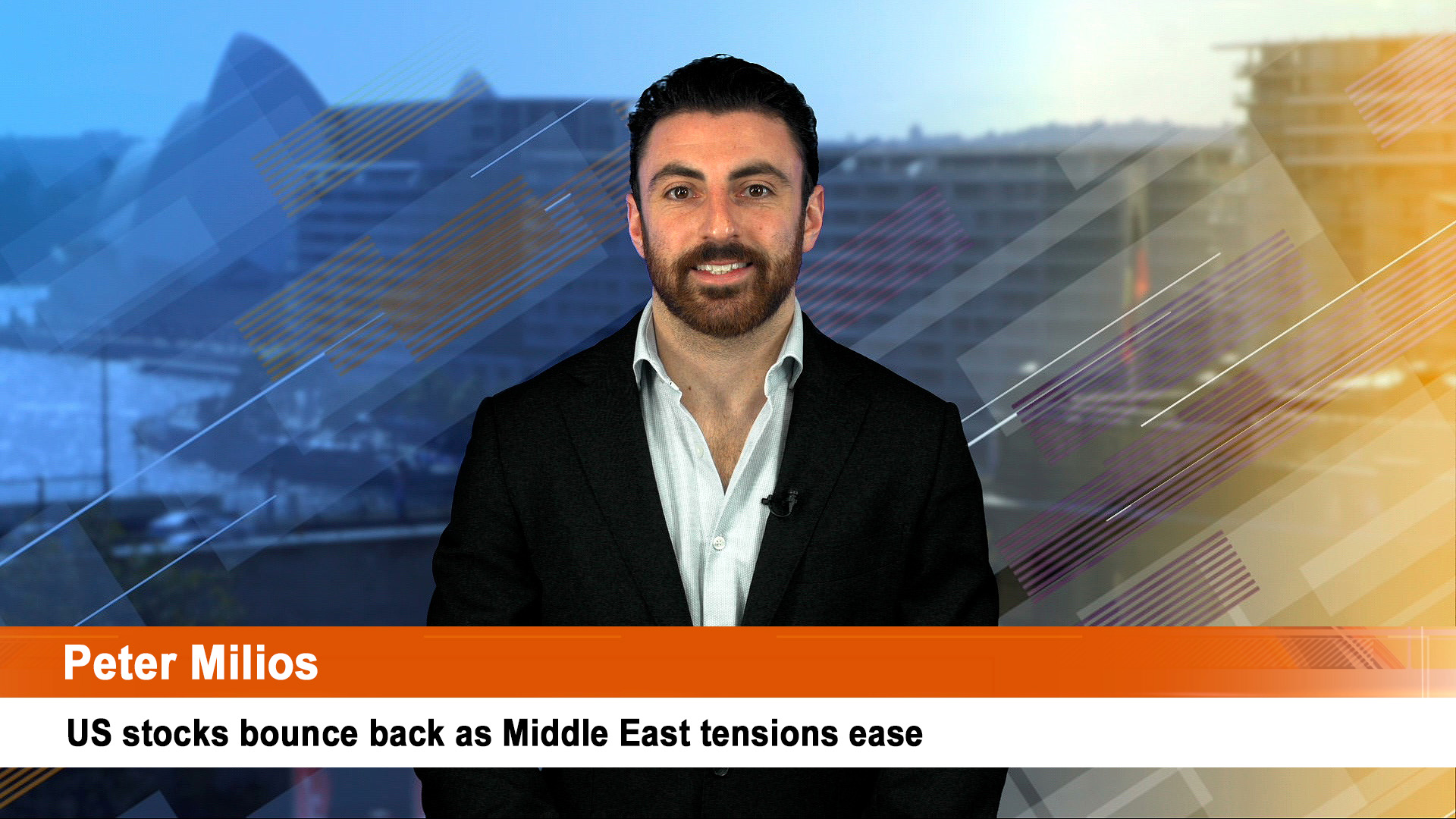COVID-19 infection and death rates will again dominate global economic and business thinking in the coming week when we will also get updates on monetary policy from the US Fed, as well as the first look at the damage done to US economic growth in the June quarter.
Reuters reported that almost 40 countries reported record single-day increases in coronavirus infections in the past week, around double the number that did so the previous week.
Infections (and deaths) are rising (notably) in the US, Brazil and India, Australia, Japan, Hong Kong, Bolivia, Sudan, Ethiopia, Bulgaria, Belgium, Uzbekistan, and Israel.
In fact, there was a pick-up in the pandemic in every region of the world and this week won’t seem much change as US infection rates will dominate the headlines, again.
GDP reports for the June quarter this week will reveal economic recessions on scales not seen in post-war years are set to dominate the headlines.
Second-quarter GDP estimates for the US, Eurozone, Hong Kong, and Taiwan will be issued this week, while the impact on companies will be revealed via earnings updates from no fewer than 833 firms globally (estimate from Markit Economics) with 184 S&P 500 companies due to release their second-quarter figures alone
The US will be the most important. Markit Economics reckons the US will report an annualised GDP contraction of around 35% for the second quarter (near double-digits in quarterly terms).
The AMP’s Shane Oliver sees a similar-sized fall, or 8.5% quarter on quarter.
While this should be followed by a rate of expansion of approximately 18% in the third quarter, renewed lockdowns pose a downside risk.
Other data releases in the US include June durable goods orders today, pending home sales (on Wednesday), and personal spending (Friday) to show another strong gain, but inflation to remain week in the Fed’s preferred measure of prices.
July consumer confidence (tomorrow) is likely to slip thanks to the latest surge in coronavirus.
And the June quarter’s earnings season its busiest week peak on Thursday (US time, early Friday morning, Sydney time) with the reports from Apple, Amazon, and Alphabet after the close of trading on Wall Street on Thursday.
Eurozone June quarter GDP is out on Friday and Dr. Oliver says it is expected to show an 11% quarter on the quarter plunge, “But again this has been long anticipated now so as in the US it’s really old news,” he said.
National GDP estimates for Germany, France, Italy and Spain will also be released at the same time and will show huge falls – especially in Italy and Spain.
Société Générale reckons Europe is better placed to see stronger growth over time. It projects a 5.2% rebound for the EU in 2022, compared with just a 2.5% rise in the US.
Eurozone June unemployment data (on Thursday) is expected to rise slightly to 7.6% and core inflation for July (on Friday) is likely to have fallen to around 0.7%yoy.
Japanese labour market data for June is likely to be weak but industrial production (both due Friday) is likely to show a small rebound.
And the GDP reports for Taiwan and Hong Kong are expected to also show falls – especially Hong Kong.
Japan sees the release of the second estimate of first-quarter growth.
More timely monthly data for industrial production and trade are also updated for nations including South Korea, Thailand, Vietnam as well as Japan,
The government survey of China’s manufacturing activity for July is due out on Friday is also released and will give important clues as to the recovery path at the start of the third quarter at the weekend.
Locally trends in new coronavirus cases and the pressure on medical systems will continue to be watched closely, particularly in Victoria and NSW.
In Australia, June quarter Consumer Price Inflation will be out on Wednesday (See separate story) and is likely to fall -2% quarter on quarter reflecting “free childcare”, a 20% plunge in petrol prices and falling rents resulting in annual deflation of -0.5%yoy, its first fall since 1962. Dr. Oliver says underlying inflation is expected to fall to just 0.2%qoq and 1.5%yoy.
Data releases include the ABS’ surveys of household impacts of COVID survey (today) and payroll jobs and wages (tomorrow) for early July. Will Melbourne’s shutdown have an impact on employment and wages?
June’s building approvals are out on Thursday and are expected to show another big fall after May’s 16% plus slump.












